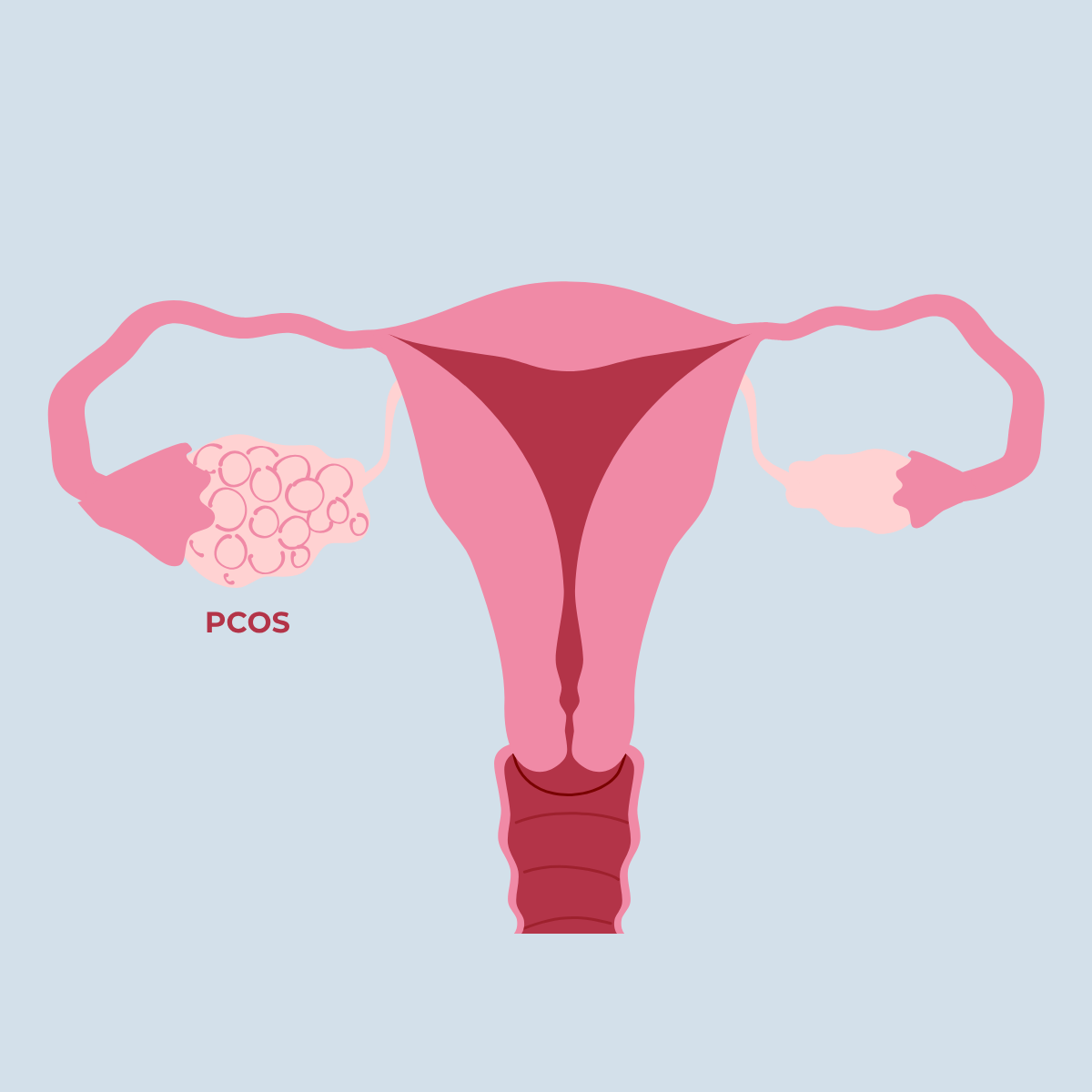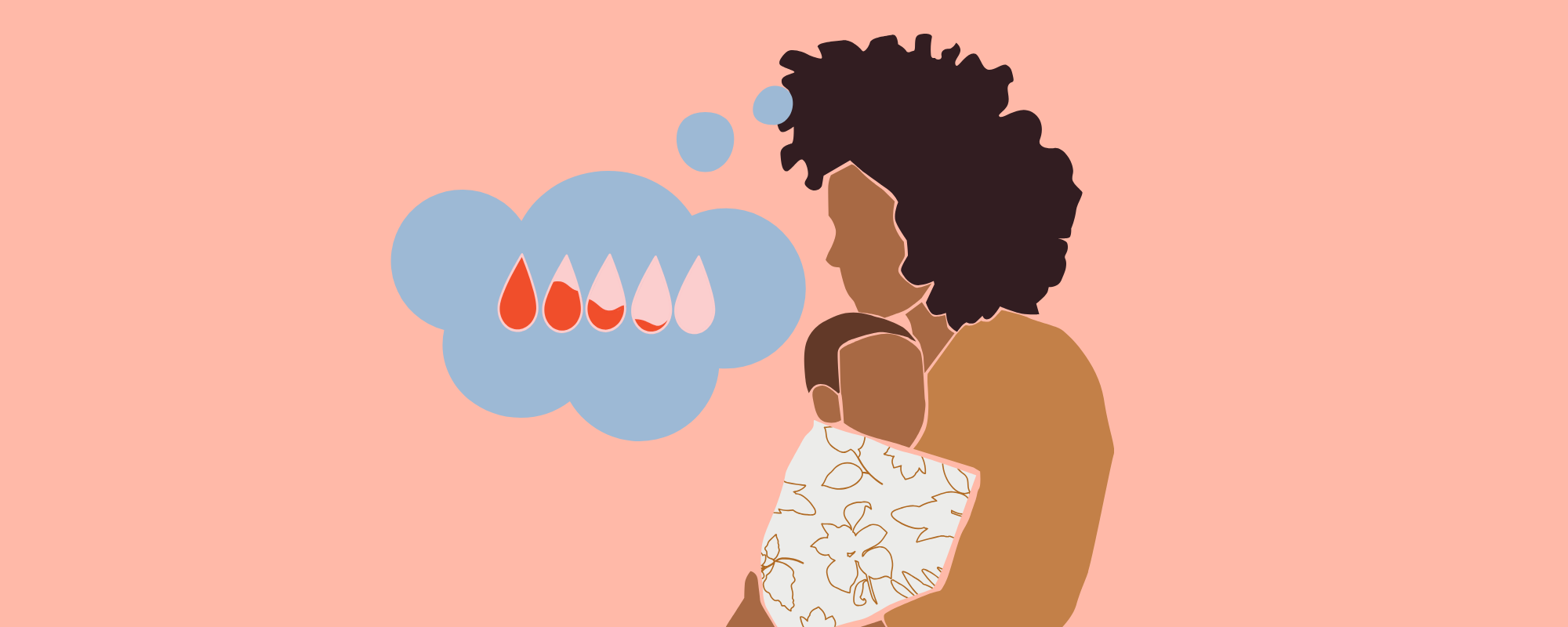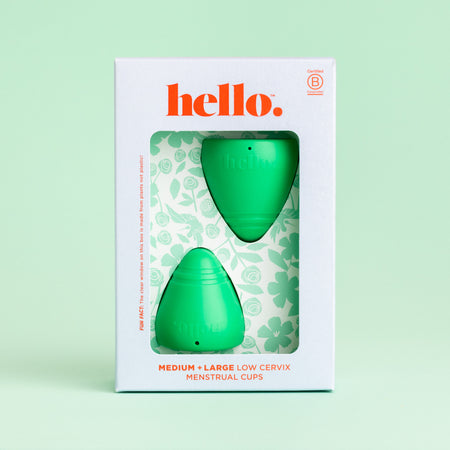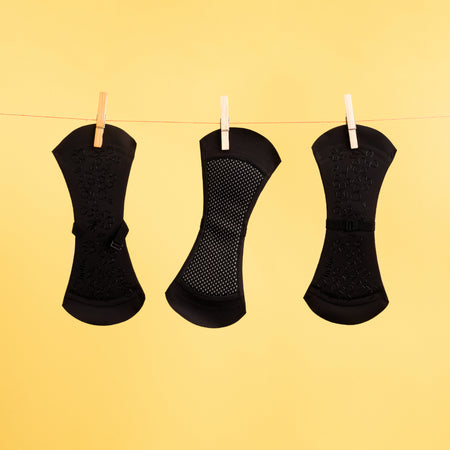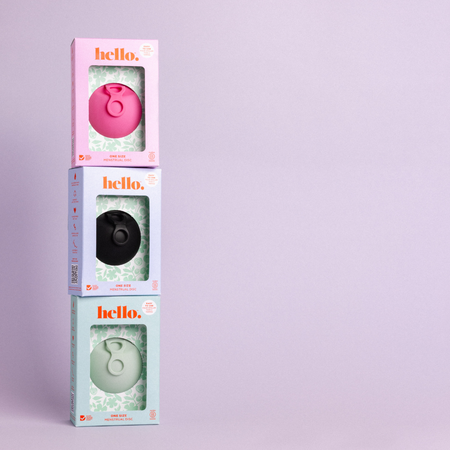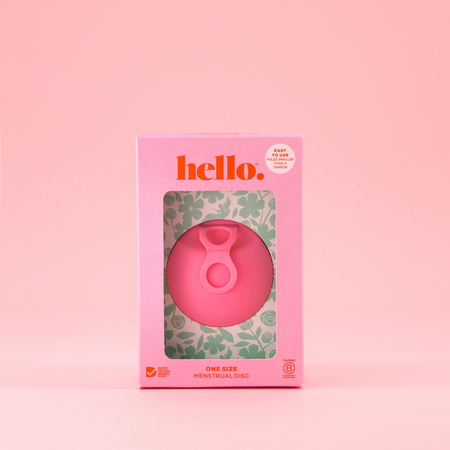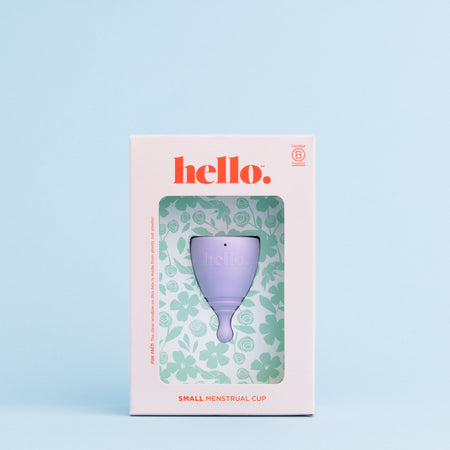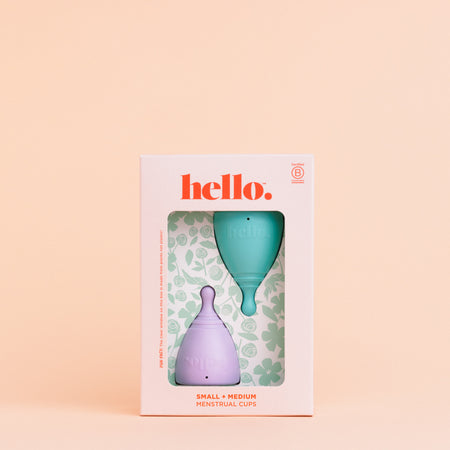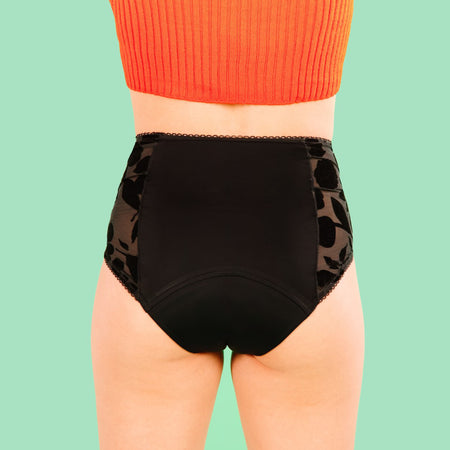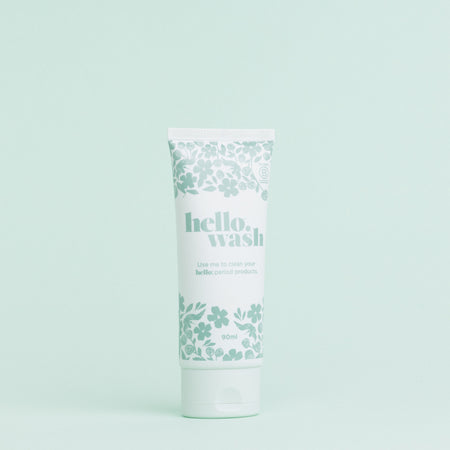Following the recent FIFA Women’s World Cup there’s a resurgence of interest in female sport in general but also around the topic of periods and sport.
Awareness and open communication about periods is essential in sports teams to allow coaches and teammates to work together to get the best performance from everyone.
Writing in Women’s Health Magazine, sports gynecologist Dr. Amanda Turner said:
"Understanding your menstrual cycle can give you a competitive edge. Tracking your period helps tailor your training routine, optimising performance."
Tips for Managing Periods and Sport
Track Your Cycle
Use apps or a good old-fashioned calendar to monitor when your period is due and the accompanying hormonal changes. Understanding your cycle empowers you to tailor your training schedule and performance expectations accordingly.
Train with Your Cycle
Your menstrual cycle will likely affect your athletic performance. Embrace this natural rhythm and adjust your training routine accordingly. During the follicular phase (the days after your period), you might experience higher energy levels, making it an ideal time for intense workouts. During the luteal phase (the days before your period), focus on recovery, flexibility, and mental training. We delve more into recommended focus areas related to each phase later on in this blog.
Be Prepared
Imagine this: you're in the middle of a crucial game, and, surprise, your period shows up unexpectedly. Don't let this catch you off guard! Always carry period products like a menstrual disc, menstrual cup or period underwear in your sports bag. Additionally, keeping spare products in your gym locker will also help you avoid getting caught short.
Break the Stigma
We’re all about smashing period stigmas at Hello Period! Discussing periods openly helps create a supportive team environment. Encourage discussions about periods and make sure everyone feels comfortable talking about it. Coaches and teammates should understand that periods are a natural part of life, and no one should feel embarrassed or ashamed.
Manage Cramps and Discomfort
Period pain can be a real challenge during sports activities. Combat cramps with over-the-counter pain relievers like ibuprofen. Applying a heating pad to your lower abdomen can also provide relief. Stay hydrated and maintain a balanced diet to help manage bloating and other discomforts.
Peace of Mind
When participating in sports and exercise during your period, look for period products that give you peace of mind. Our Hello Disc holds 5x more than tampons and pads so, if you have a heavy flow, it’s definitely one of our top recommendations. If you prefer external products then our leakproof Hello Undies will also hold about 50 mls - or five pads worth of flow and wick moisture away superfast!
Stay Hydrated
During your period, staying hydrated is extra important. Good hydration helps maintain your energy levels and overall performance. Drink water before, during, and after workouts, and avoid excessive caffeine and sugary drinks.
Training Tips for different phases of the menstrual cycle
- Menstrual Phase: During the first few days of menstruation, hormone levels are low, and some athletes might experience fatigue and cramps. It's essential to listen to your body during this time and focus on lighter activities. Opt for low-impact exercises like yoga, stretching, or walking to ease discomfort and promote blood flow.
- Follicular Phase: As hormone levels start to rise, energy levels tend to increase during the follicular phase. This is a great time to focus on building strength and endurance. Incorporate resistance training and high-intensity workouts into your routine to take advantage of the body's natural surge in energy.
- Ovulation Phase: During ovulation, oestrogen levels peak, leading to enhanced strength and improved performance. Take advantage of this surge in energy and consider more intense training sessions. High-intensity interval training (HIIT) and explosive movements can be beneficial during this phase.
- Luteal Phase: As the menstrual cycle nears its end, hormone levels fluctuate, and some athletes might experience premenstrual symptoms like bloating and mood swings. Focus on activities that promote relaxation and reduce stress, such as Pilates, swimming, or cycling. Mind-body exercises can help alleviate tension and discomfort during this phase.
- Nutrition: Nutrition plays a crucial role throughout the menstrual cycle. During the luteal phase, cravings might increase due to hormonal fluctuations. It’s that time when you can nail a whole pack of choccy biscuits in less than 10 minutes. If you can, it’s best to try and opt for nutrient-dense foods to support your body's needs and manage mood swings.
- Recovery: Proper recovery is essential for any athlete, and this is especially true during the menstrual cycle. Adequate rest and sleep are crucial, especially during the menstrual and luteal phases when the body may require more downtime. Listen to your body and adjust your training schedule accordingly.
- Mental Health: Don't overlook the impact of the menstrual cycle on mental health. Practising mindfulness, meditation, or engaging in activities that promote relaxation can help manage stress and mood fluctuations.
- Be Flexible: Every individual's body is unique, and the menstrual cycle can vary from person to person. It's essential to be flexible with your training plan and make adjustments based on how you feel. Don't be too hard on yourself if you need to modify your workouts during certain phases.
Remember, these tips are general guidelines, and it's crucial to listen to your body and adjust your training accordingly. While the menstrual cycle can affect athletic performance, it doesn't mean you have to stop completely! By understanding and embracing the natural rhythms of the body, athletes can optimise their training, enhance performance, and achieve their goals!


